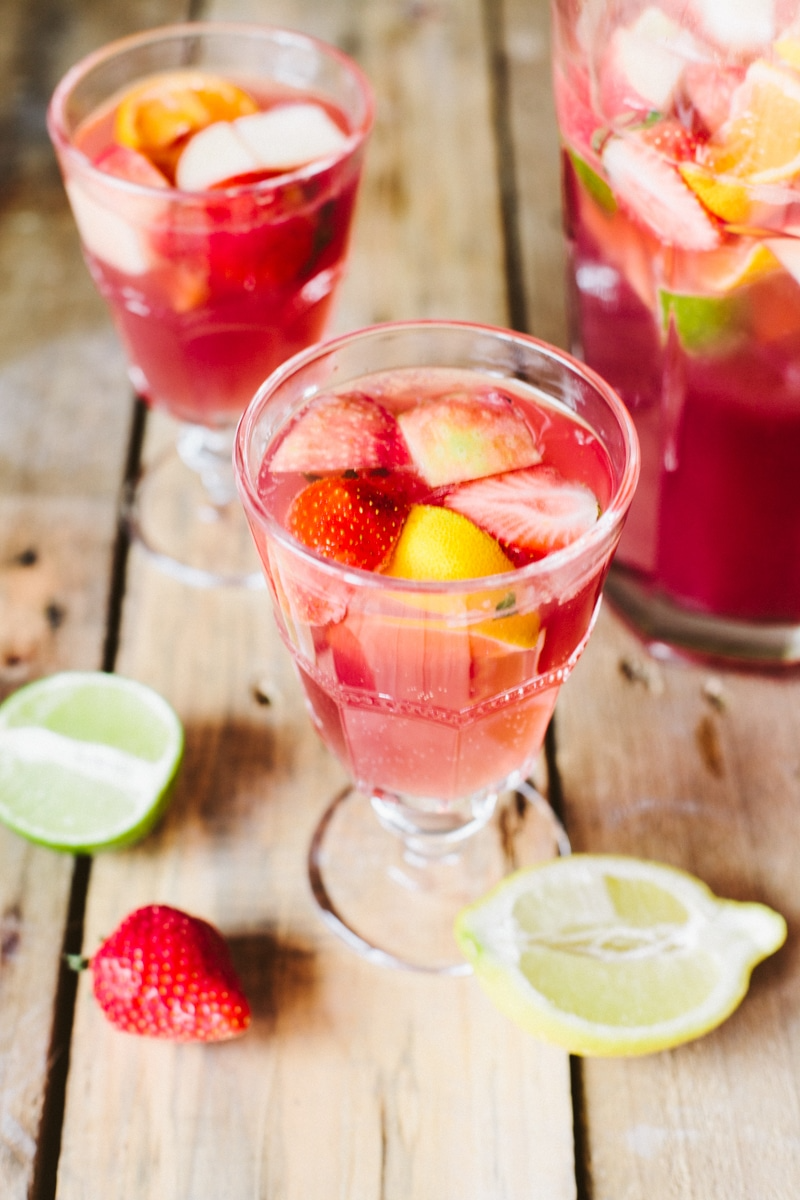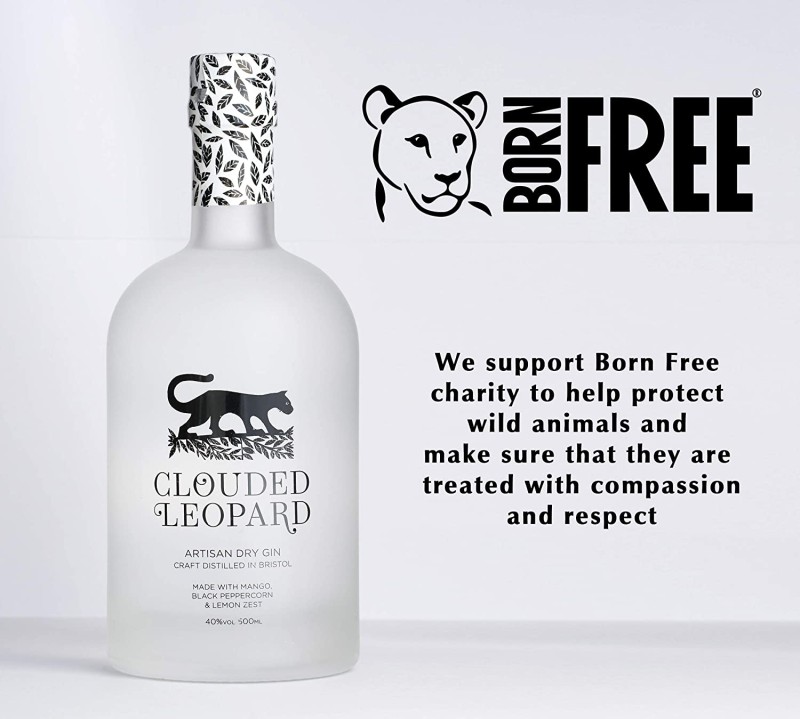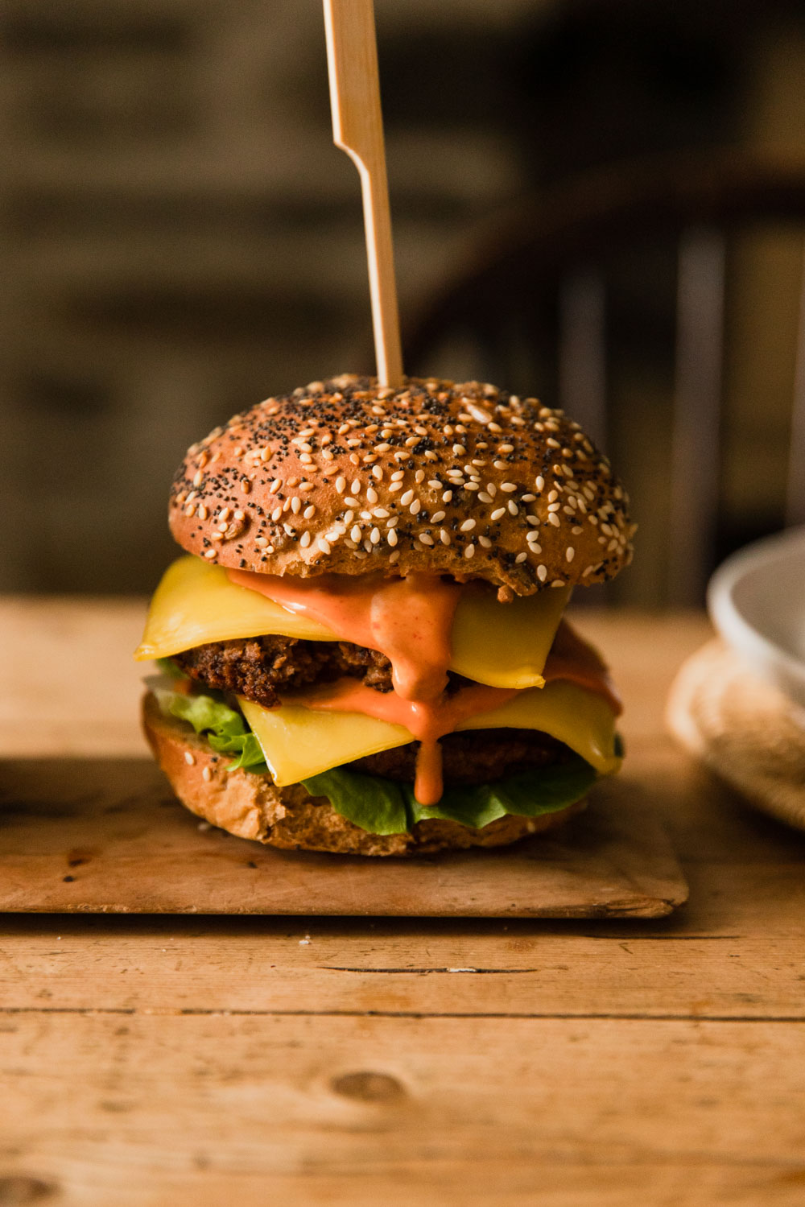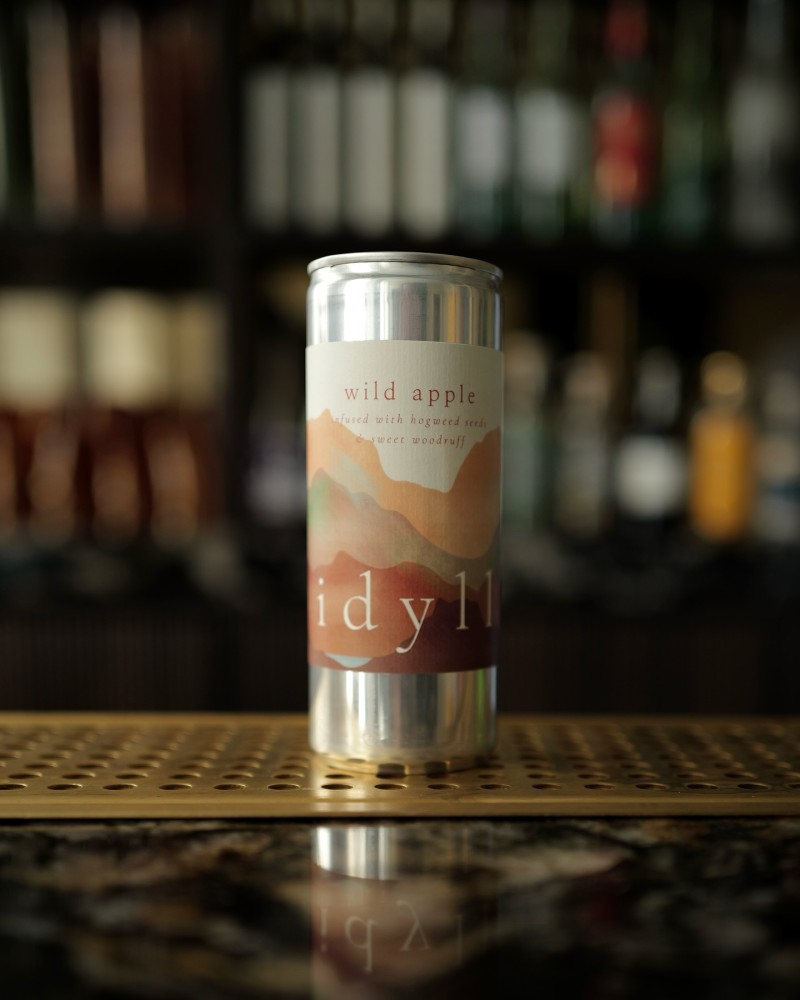Where to Buy Plant-Based Knitting Yarns

Organic Cotton Knitting Yarn is steadily replacing wool, as the yarn of choice for sustainable knitters. Ideal for vegans or those concerned over farming welfare or carbon footprint. you can also buy more affordable recycled cotton yarn that is perfect for knitting, crochet, weaving and macrame projects. Perfect for summer makes, choose from 16 colours.
Despite the image often given, keep balls of wool away from cats and kittens, as it’s a choking/tangling hazard.
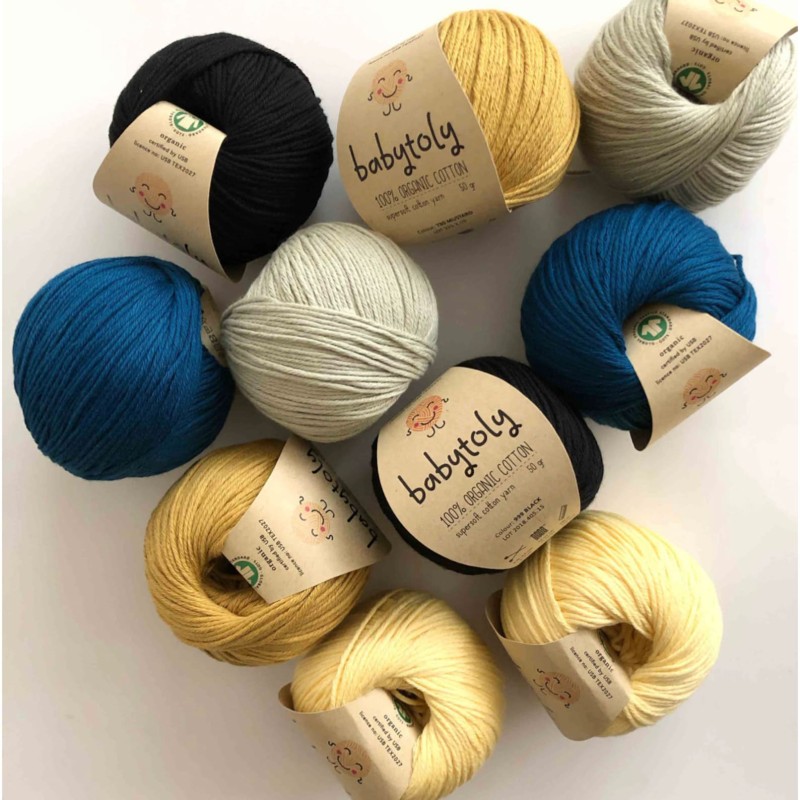
This Organic Cotton yarn is smooth, cold and holds its shape for plant-based knitting patterns. Absorbent and soft next to skin, it can stand up to frequent washing and daily use.
Other Plant-Based Knitting Yarn Choices
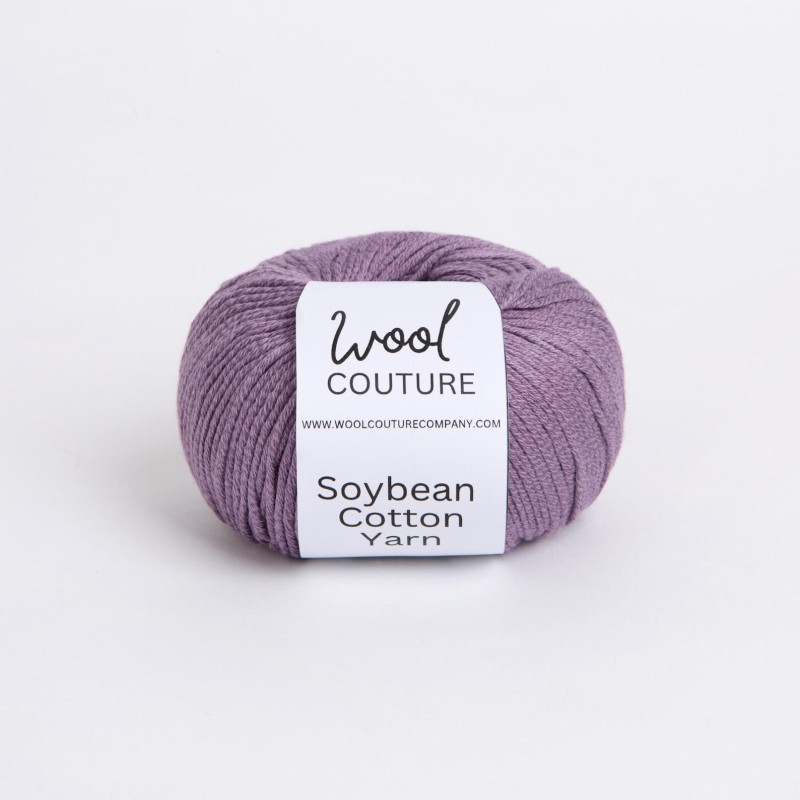
Soy yarn is made from the leftovers of soybeans, used to make tofu! This is a buttery soft yarn, similar in texture to silk or cashmere. Use it for scarves and wraps.
Linen is from the flax plant, so is more local than cotton (mostly grown in Lithuania). It also takes far less water to grow, than cotton. It’s an elegant fabric that drapes well, and ideal for summer tops, beachwear, towels and dishcloths (thanks to its moisture-wicking properties).
Bamboo has a silky feel. It’s not local, but a fast-growing grass (industrial bamboo is not the same as fresh shoots eaten by pandas). It’s good for warm-weather garments like summer dresses.
Hemp can be grown in England (it’s only slightly related to cannabis, and won’t make you high!) This plant draws heavy metals from the earth, and grows organically. Like linen, it keeps you cool in summer and warm in winter.
When weaved for fabric, it’s not like old rope! Though tougher hemp fabrics can be used to make hats and bags.
Ramie is made from a Chinese nettle plant. It’s similar to linen, and also good to resistant mould and mildew. It also does not shrink or lose colour easily (you can sometimes find this material in zero waste shops, to make alternatives to plastic shower sponges).
Seacell is made by blending cellulose (wood pulp) with sustainably-hand-harvested seaweed (mostly from Icelandic fjords). Again it has a silky touch and holds eco dyes well, so often sold in beautiful colours.
Corn fibre yarn is made from the sugars in maize, and again holds colour very well. It feels similar to acrylic, but this time it’s biodegradable. It resists moisture, so good for garments that are washed often.
Why Choose Plant-Based Knitting Yarns?
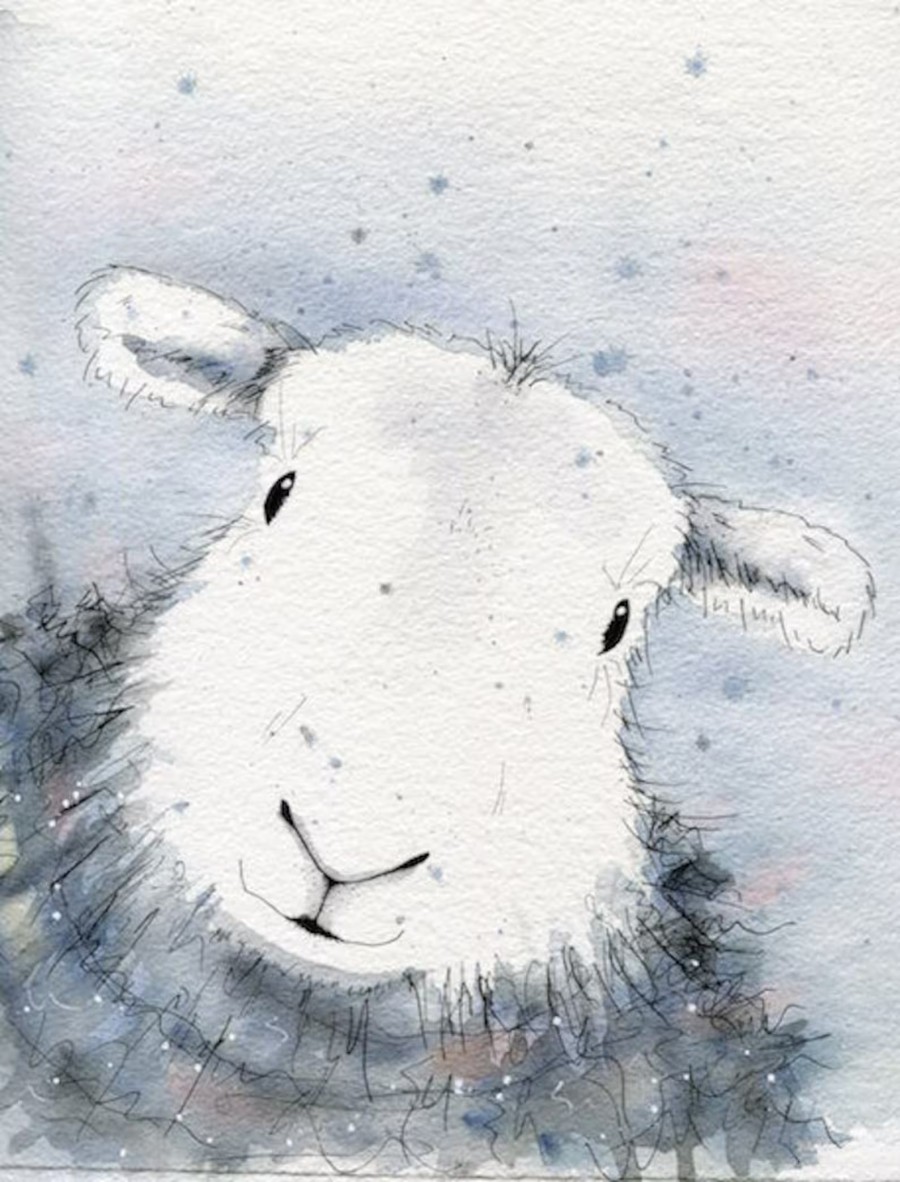
Although sheep do need shearing to avoid over-heating and be able to see predators, the conventional wool industry has many issues.
Some sheep are sheared too early (leading to hypothermia) and others suffer ‘mulesling’ (having chunks of skin sliced away to prevent flystrike, without painkillers). And many sheep are killed, when they get older and their wool production slows down).
If you wear wool, choose companies that don’t kill the sheep, simply shearing the wool: like vegetarian wool or sheepskins.
Pregnant sheep can sometimes roll over onto their backs, and can’t get back upright, and soon die if the farmer is not aware. Some sheep can also fall over, due to wool being waterlogged from rain.
If you see a sheep on its back, just firmly right it back, then stay with it, until rain has drained off, so it won’t happen again. Then inform your local farmer.


